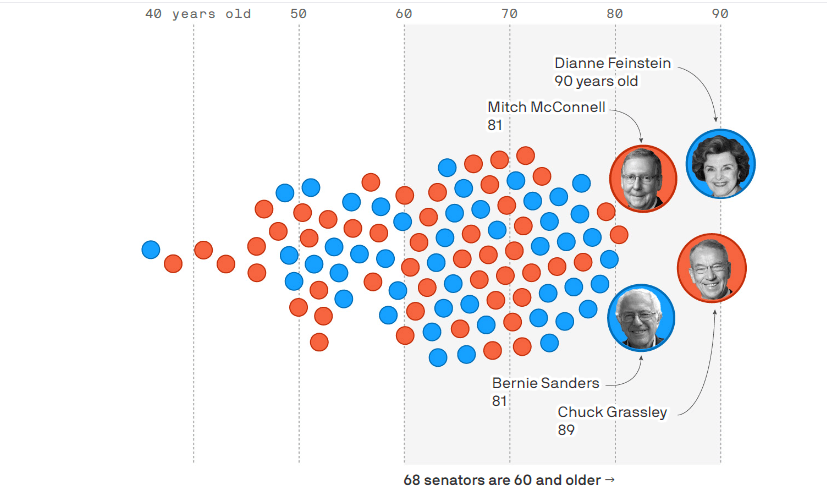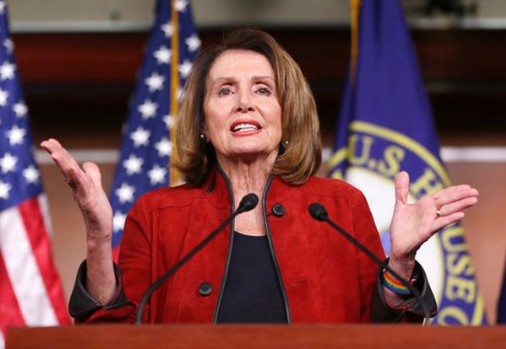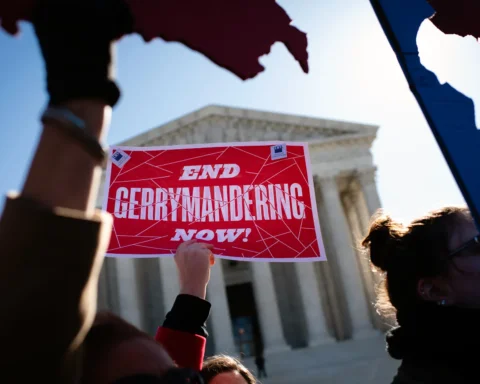According to Statista.com, the median age of the U.S. population on in 1960 was 29.5. That average has moved up to 38.8 as of 2021. As the numbers indicate, America is getting old, and our representatives are getting older as well. Our president, Joe Biden, is the oldest-serving president at the age of 80, and as of September 2023, has every intention of seeking re-election. The U.S. Senate is the oldest in history, with an average of 63.4 years old, and almost a quarter of those senators are over the age of 70. The 2023 House of Representatives is the third-oldest in American history, with an average age of 57.5 years old. Crunching the numbers, the average federal representative is at least twenty years older than the median age of their constituency. Some would say that the U.S. is a gerontocracy, that is an “oligarchical rule in which an entity is ruled by leaders who are significantly older than most of the adult population.” Does time make people more wise, or just better politicians?
At some point age becomes a factor, but it is safe to say that the age factor varies between individuals. While age may not be a factor in the performance of their duties, it is safe to say that older representatives probably have different views and values than their younger constituents.
Former Speaker of the House, (still in the House of Representatives as of 2023) Nancy Pelosi, was 27 during the “Summer of Love” a rapidly-deteriorating meaningless milestone for some of the Baby Boomers, but few others. The “New Generation” was going to change America. Bear in mind that 18-year-old citizens were unable to vote in federal elections until 1971, with the passage of the26th Amendment.
First elected in 1987, Representative Pelosi has seen eight presidents come and go, and, like her current presidential ally and fellow Democrat, will seek re-election in 2024, now over the age of 80. Do the aging representatives recognize the needs of their constituents? Or, perhaps they enjoy the benefits of campaign contributions that their corporate donors provide? Power is difficult to surrender, and in the U.S. Congress and Senate, seniority is everything. Newly-elected representatives are the lowest on the totem pole in the federal legislatures. It is safe to say that the most powerful of representatives in the U.S. Congress are the oldest, if by nothing more than the fact that selection for the powerful committees goes by seniority, and to gain seniority, you have to have put in the years, making getting old pretty much a requirement.
It took the boomers until 2014 (27 years, enough for a new generation) to enact the Rohrbacher-Farr amendment, which prohibited the Justice Department from interfering with the implementation of state medical cannabis laws. Instead, the baby boomers became yuppies and enjoyed the benefits of materialism. The love thing was good, but material wealth and its accoutrements were a better lifestyle, especially when you get old.
If our electorate is so concerned that old people are no longer fit for office, I offer a solution; it is called a voting booth.
Our government has minimum age requirements for offices, and term limits for the presidency, all of which are outlined in our Constitution. If our electorate is so concerned that old people are no longer fit for office, I offer a solution; it is called a voting booth. While I can’t state definitively, I strongly suspect that many of these older representatives were probably voted back into office by their constituents, though, at this point in time, that is just conjecture on my part.
But then there are those pesky numbers. According to statista.com, 49.1% of U.S. citizens 18 to 24 years old are registered to vote, whereas citizens 65 to 74 have a registration percentage of 77.9% and citizens 75 years and older have a percentage of 76.6% . Let’s just say only half of the 18 to 24 citizens are registered to vote, in comparison to over three-fourths of those over 65 are registered to vote. And we wonder why there are so many old people in our legislatures.













